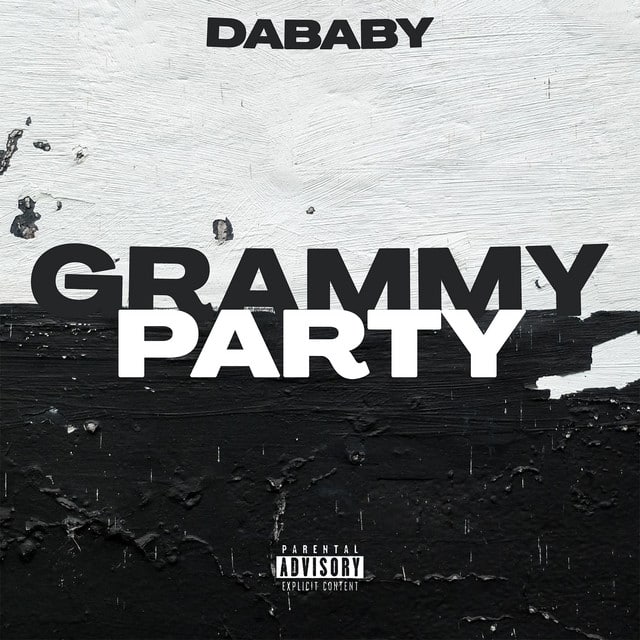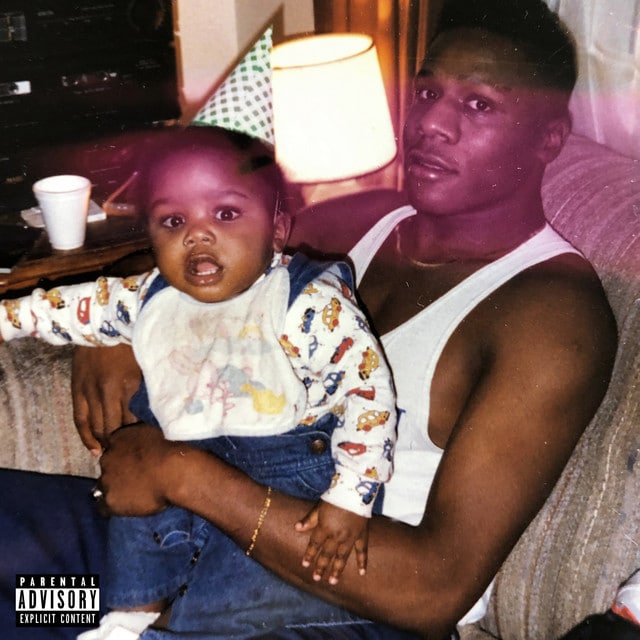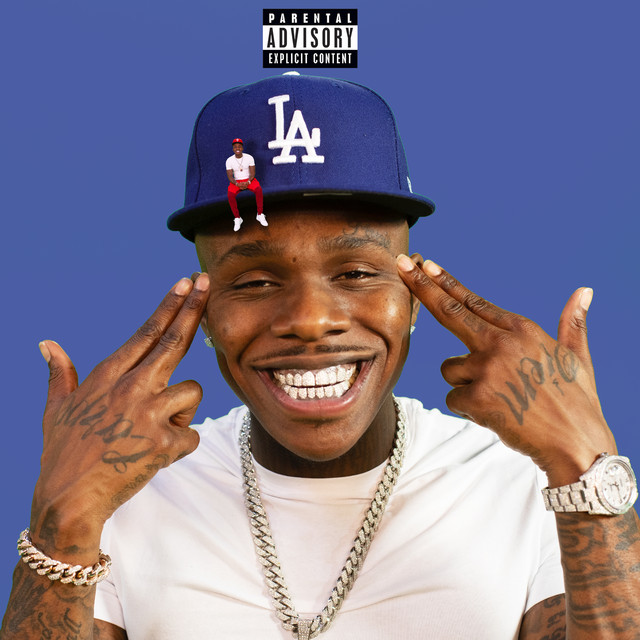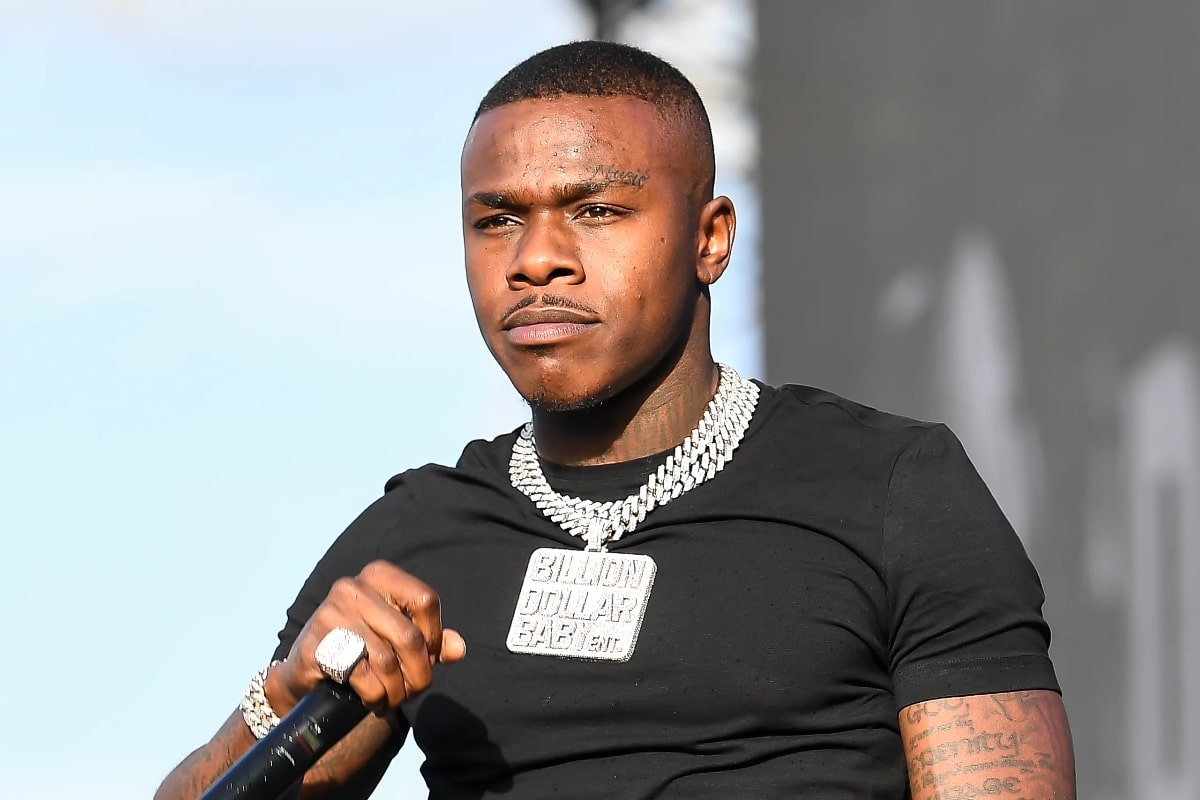Released: 2024
Aight, let’s break down “GRAMMY PARTY” by DaBaby, a track where he mixes his hustler’s mentality and playboy lifestyle with the high stakes of fame and fortune. At its core, the song flexes on his achievements and the lux life it affords, all while maintaining his street edge.
The opening lines, “I’ve seen baby posted at the Grammy party with a stick,” kick the door down on the lavish scene. DaBaby isn’t just at any party; he’s at the Grammys, symbolizing he’s at the peak of the music game. But even here, he’s “with a stick” — slang for carrying a gun — showing despite the fame, he’s not detached from his roots or the need for self-protection. This duality sets the tone for the entire song.
When he boasts, “I got too much bread to do the talkin’ get ya hit,” DaBaby’s saying his wealth is so vast, he doesn’t need to engage in conflicts; he could pay to have problems removed if necessary. His claim, “I’m a pimp,” isn’t about literal pimping but about controlling his narrative and interactions, especially with women and business — “she gonna respect my pimpin’.” This speaks to his authority in both personal and professional realms.
The hook includes lines like, “You know I don’t care about feelings, you know I care about millions,” encapsulating DaBaby’s prioritization of financial success over emotional entanglements, highlighting the often materialistic and self-focused ethos in parts of hip-hop culture.
DaBaby then takes us on a ride with his success, mentioning hopping out of cars, dominating the scene (“I’m havin’ weight on ’em”), and not waiting to secure his money (“Ain’t finna wait on these bands a dog”). The mention of buying luxury items, like a Range Rover for his “BM” (baby mama), and his disdain for rivals (“These niggas weak, I’m in the way on ’em”) showcase the spoils of his success and his disregard for those not on his level.
There’s a deeper layer when he says, “I ain’t gon’ never believe that she love me ‘Til she go tattoo my mufuckin’ name on her.” It’s a raw glimpse into his skepticism around loyalty and love, perhaps hinting at trust issues heightened by fame.
The song concludes by circling back to its beginning, reinforcing his themes of wealth, power, and maintaining a hardened edge despite his elevated status. DaBaby’s “GRAMMY PARTY” isn’t just a celebration of his success; it’s a declaration that he remains unchanged by the glitz of the industry, rooted in the realities that shaped him.
Through “GRAMMY PARTY,” DaBaby crafts a narrative that deals with his street cred with his commercial success. It’s a testament to staying true to one’s origins while navigating the glittering, but often cutthroat, landscape of fame. DaBaby delivers a banger that’s as much a party anthem as it is a complex reflection on the nuances of success and identity within hip-hop culture.








